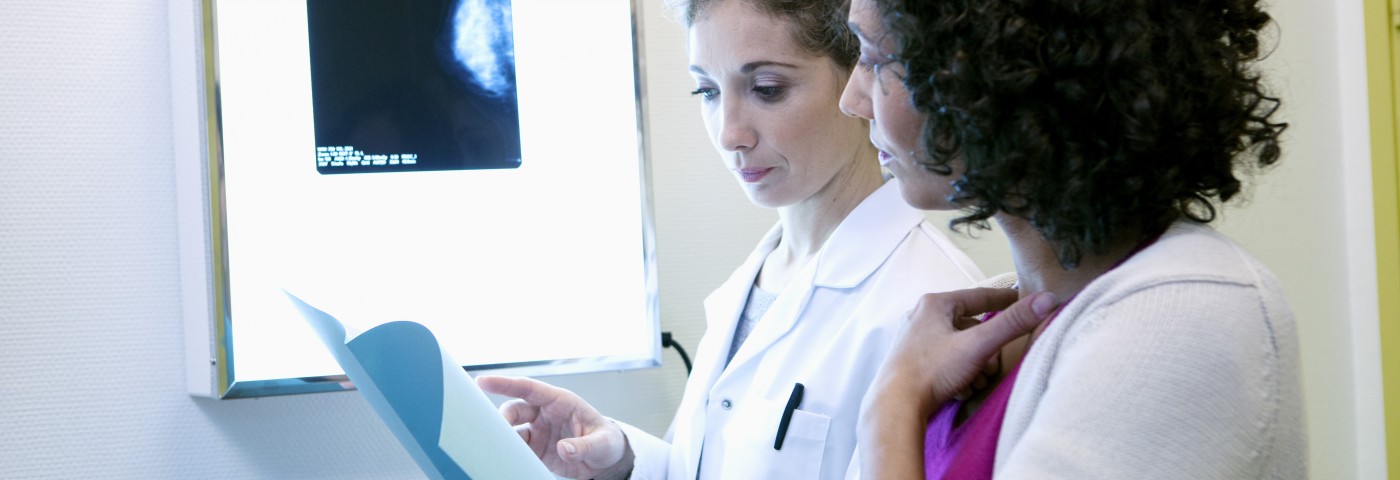Results from a clinical trial – presented at the 10th European Breast Cancer Conference held March 9-11 in Amsterdam – showed that post-surgical radiotherapy focusing only on the tumor-affected part of the breast is just as effective as whole breast radiotherapy, and has fewer long-term side effects.
The IMPORT LOW trial, funded by Cancer Research U.K., involved 30 radiotherapy centers under the lead of The Institute of Cancer Research, London. The study enrolled more than 2,000 women with breast cancer that was deemed at low risk of returning.
After surgically removing the tumor, the women in the trial were divided into three groups: one receiving full-dose radiotherapy to the whole breast; another that received full-dose radiotherapy to the part of the breast where the tumor had been and a low dose to the rest; and another group that received a full dose only to the tumor-containing part.
All women were treated in 15 sessions, using a simple form of intensity-modulated radiotherapy (IMRT), a technique that reduces long-term side effects while still delivering an even dose of radiation.
All three groups had a low rate of cancer re-occurrence of 1 percent or less after five years. The women who received full-dose radiotherapy only to the part of the breast containing the tumor also reported they were more satisfied with breast appearance after the treatment.
“We’re really pleased we have demonstrated a very effective radiotherapy approach that also reduces the side effects of treatment,” Dr. Charlotte Coles, consultant clinical oncologist at Cambridge University Hospital NHS Foundation Trust, who led the trial, said in a press release. “Minimizing these long-term side effects is essential, as not only do they impact on physical health, but they can also cause psychological distress.”
Prof. Judith Bliss, co-leader of the study and director of the clinical trials and statistics unit at The Institute of Cancer Research, London, said she hopes the results translate into a change in practices in the future.
“The simple radiotherapy techniques used in this trial can be carried out on standard radiotherapy machines across the U.K., so widespread implementation would be relatively straightforward,” Bliss said.
“This could result in a crucial change in how we treat breast cancer. If this changes practice, it could prevent many women having lasting effects from their treatment and reduce the discomfort and emotional stress women have from these side effects,” said Prof. Arnie Purushotham, senior clinical adviser at Cancer Research U.K.

